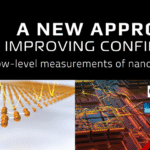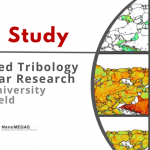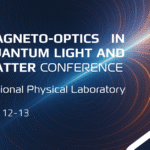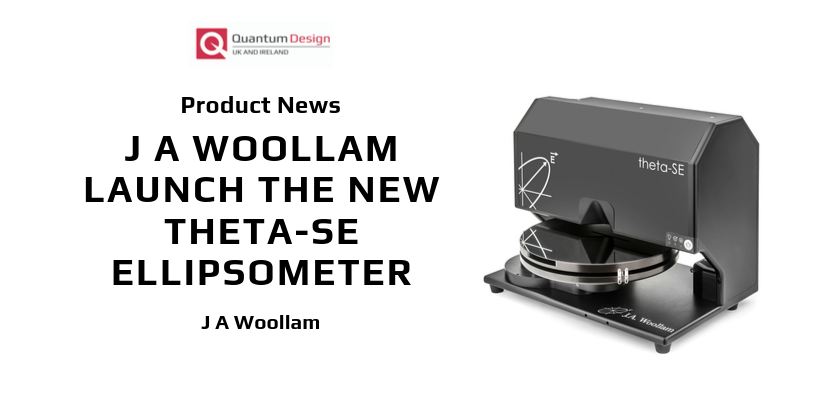
J A Woollam’s NEW theta-SE is a push-button spectroscopic ellipsometer for characterising thin film uniformity. It features advanced ellipsometry instrumentation in a compact package at an affordable price.
A introduction and overview of the NEW theta-SE Ellipsometer will be given at our J A Woollam Spectroscopic Ellipsometry Workshop which is being held at the National Physical Laboratory on 22 October 2019. Find out more about the workshop here
WHY A theta-SE?
Fast, Wide-Spectrum Measurements
The theta-SE combines many of the latest advancements in ellipsometry instrumentation to provide uniformity maps of your thin films. Spectroscopic ellipsometry is perfect for measuring film thickness and optical constants. The theta-SE scans the uniformity of these film properties over your entire wafer.
Sensitivity:
Spectroscopic ellipsometry measurements provide sensitivity to a variety of material properties such as composition, conductivity, surface conditions, etc. In addition, ellipsometry is sensitive to thickness changes at the sub-angstrom level. The theta-SE leverages the sensitivity of ellipsometric measurements in combination with high-speed mapping functionality to provide nondestructive sample characterisation across a sample.
Accuracy:
Spectroscopic ellipsometry measurements calculate the change in polarisation of light reflecting off a sample. This change in polarisation is traditionally described with two measured parameters, Psi and Delta. In addition to providing two measured parameters at each wavelength, this self-referencing technique provides excellent measurement accuracy.
Dual-Theta Mapping Translation:
Our patent-pending translation stage enables ellipsometry measurements across samples up to 300 mm diameter with a small, table-top instrument. The compact ellipsometer heads and integrated electronics all result in a significantly reduced instrument footprint.
Focused Spot:
A focused measurement beam parallel to the wafer edge produces excellent edge exclusion.
Fast Camera Alignment:
The fast camera alignment uses machine vision and image recognition to precisely align the sample in a fraction of the time compared to traditional alignment techniques. The camera also provides sample visualisation to locate specific areas of interest for measurement.
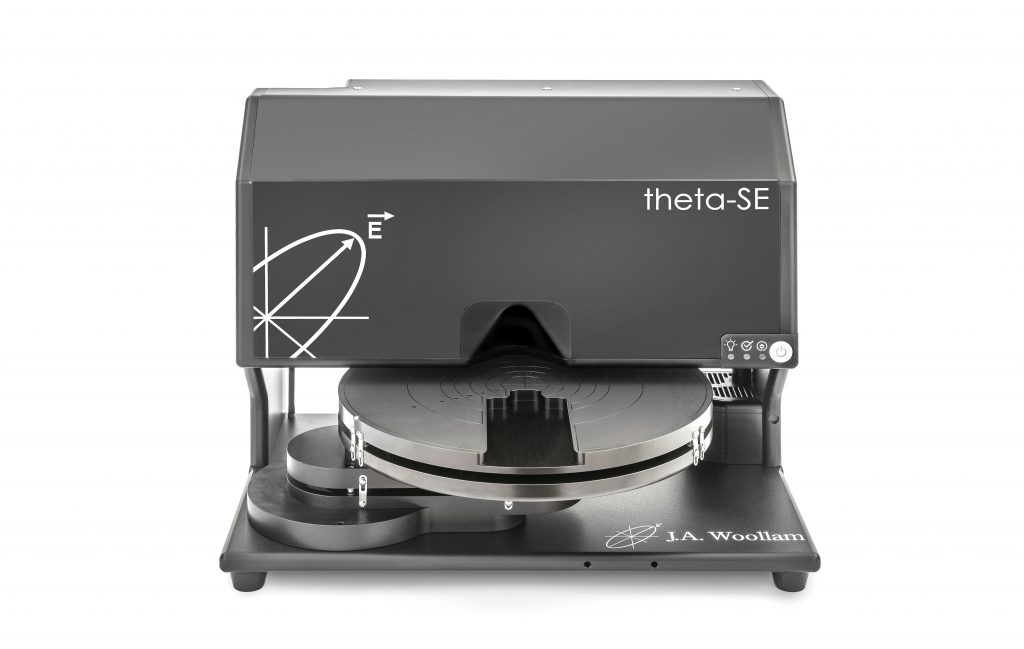
Dual-Rotation Technology:
Measurement times for multi-point maps are minimised by reducing the translation time between points, using our fast camera alignment and taking advantage of Dual-Rotation technology that captures high-accuracy measurements in half the time.
Automated Data Analysis in CompleteEASE:
CompleteEASE is equipped with user-friendly features for surface uniformity measurements. Recipes that describe the data acquisition, measurement location and data analysis allow push-button operation.




